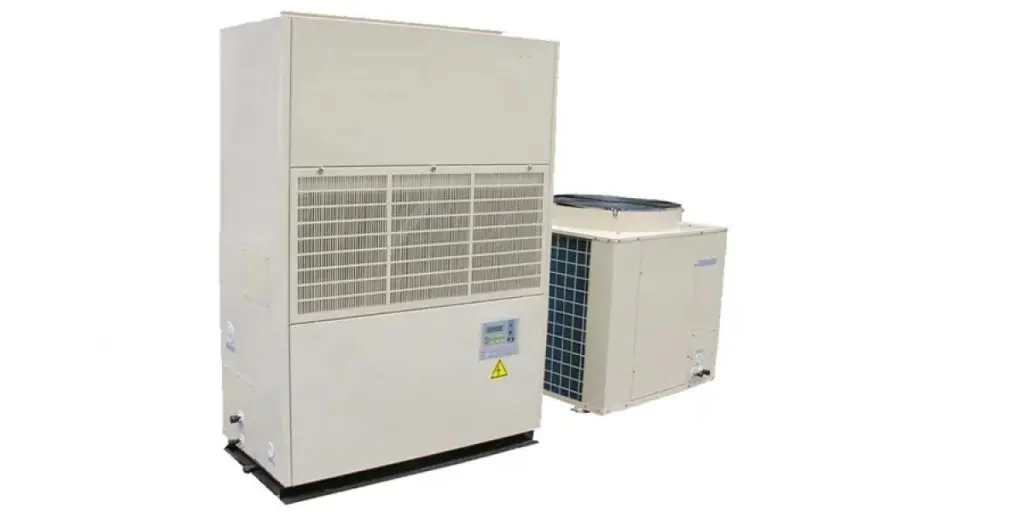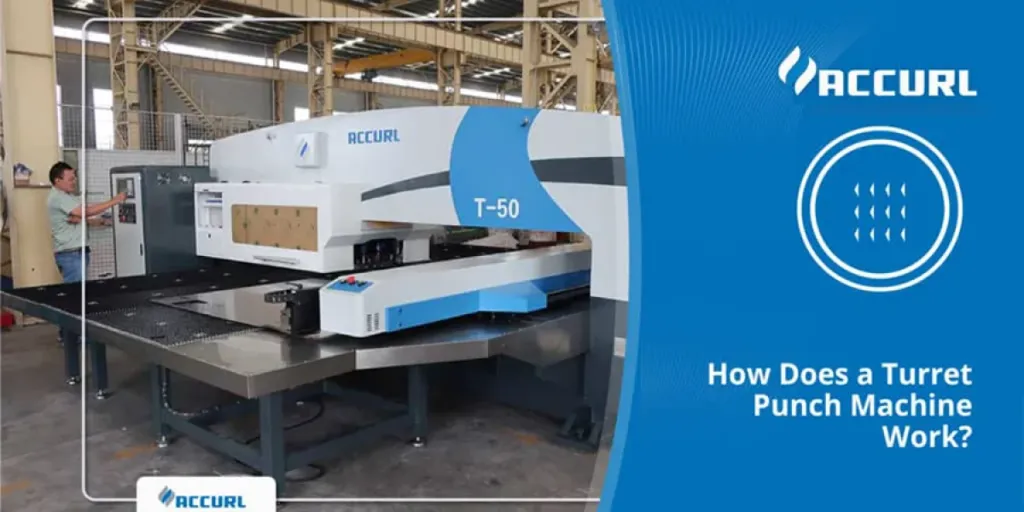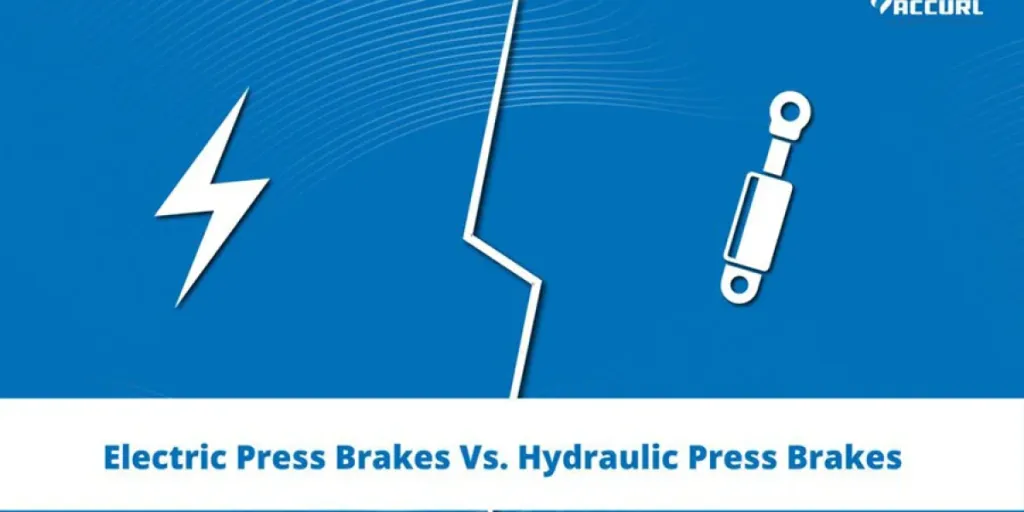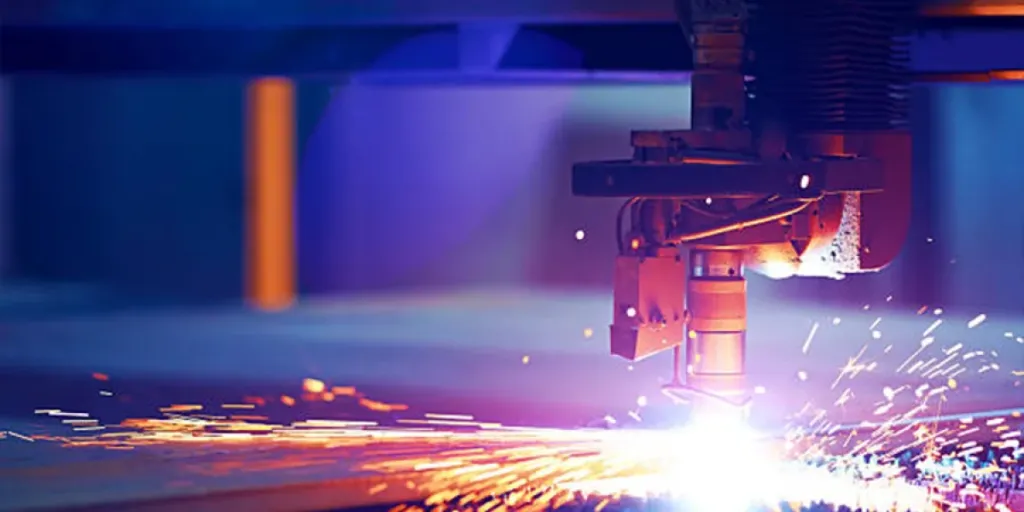Industrial air conditioners help businesses create an ambient working environment that can enhance employees’ performance. They also help to protect equipment and stocks, especially chilled products in the warehouse or workshop.
However, with numerous air conditioning brands in the market, it can be difficult to select the right one. This guide provides a detailed breakdown of what to consider when selecting which air conditioners to source and stock.
Table of Contents
The market for industrial air conditioners
Factors to consider when buying an industrial AC
Types of industrial air conditioners
The market for industrial air conditioners
In 2021, the global market size for heating, ventilation and air conditioning (HVAC) systems was valued at $136.6 billion and is estimated to expand at a compound annual growth rate (CAGR) of 6.3% from 2022 to 2030. Several factors are expected to propel this growth, such as:
- The smart and energy-efficient features of ACs that add to their appeal
- Changing climate conditions and business needs to maintain suitable working environments
- The exponential growth in the tourism and construction industries
- A rise in individuals’ disposable income worldwide and the inclination towards energy-saving systems
- Government regulations that dictate the reduction of carbon footprint, which incentivises investment in energy efficient systems
Factors to consider when buying an industrial AC
Summer is here, and many companies may be considering buying a new air conditioner or upgrading their existing ones to beat the heat. The following are some key features worth considering when choosing an industrial AC.
The type of AC
The market has various types of air conditioners and, in order to make the right choice, one needs to learn how these appliances work. For instance, window ACs are suitable for rooms with multiple windows and lots of space. Conversely, split ACs are small, require less space, and can fit rooms without windows. Understanding various air conditioning systems and their functionalities helps with the right purchasing decision.
Capacity
It’s also important to consider whether the air conditioner has the capacity to accommodate the business’ cooling needs. In order to do so one should accurately determine the space and operating conditions to know the necessary air conditioner capacity. Regardless of how good the AC’s compressor is, if it does not match the capacity requirements, it won’t be able to perform optimally. It’s therefore essential to make sure that the AC unit has the ability to match the size of the room.
Airflow and ventilation
Air conditioners perform well in spaces with good air circulation, hence the need for proper ventilation. Air conditioners absorb heat from high-temperature gas and move the gas through the coil to cool down before releasing cold air into the room. This system requires proper circulation airflow otherwise the air conditioning system won’t be able to supply fresh cool air. Therefore, before installing the air conditioner, ensure the area has good airflow and ventilation.
Working temperature
A company operating in places with persistently high temperatures, especially rooms with heat-generating machines, requires bigger air conditioners than other rooms with no machines. For instance, an office working space may need a smaller air conditioning system than the production room.
Energy efficiency
Energy efficiency is an essential factor when choosing most machines. It is important to check the energy efficiency rating, also called the EER rating, to choose a cost-effective option. The EER ratings range from 8 to 11.5, with higher ratings indicating that the system is more efficient. Energy-efficient air conditioners do not emit heat or harmful gases, and are therefore also better for the environment.
Location and climate
The climate also determines the cooling unit a business should choose. For instance, evaporative air conditioners may not be suitable for humid summer climates, even though they are cost-effective. They are ideal for drier climates. A workshop operating in a highly humid summer will benefit from portable or reverse air conditioners.
Maintenance and installation costs
Some air conditioners are easy to install and maintain, but others need technical skills. If a business does not have specialized skills for installing and maintaining its air conditioning systems, it may incur extra costs of hiring a technician to get the job done. It is crucial to find out from the dealer if the equipment is easy to install and maintain or if there will be a need to hire a technician.
Refrigerant
Another factor to consider is the refrigerant, the chemical compound used in the air conditioner. The compound absorbs heat from the environment and cools the air once it runs past evaporators and compressors. Since there are three types of refrigerants, it is important to use the right one.
Chlorofluorocarbons such as R12 refrigerants were in use until 1994 when most manufacturers stopped producing them because of their contribution to the greenhouse gas effect. R22, also known as Freon, replaced R12. However, it is also linked to environmental issues, including ozone depletion. Most countries want to phase out this refrigerant by 2020.
Currently, the most suitable refrigerant is Puron (R410A), used as a replacement for R22 since it lacks chlorine, and is therefore regarded as being environmentally friendly. Air conditioning systems running on Puron offer quality air and are more efficient and reliable. Nevertheless, they cannot directly replace R22. A replacement or upgrade is needed.
Types of industrial air conditioners
Air conditioner manufacturers design different cooling and heating equipment to meet various needs. Here are some most common types of HVAC systems worth considering.
Central air conditioners
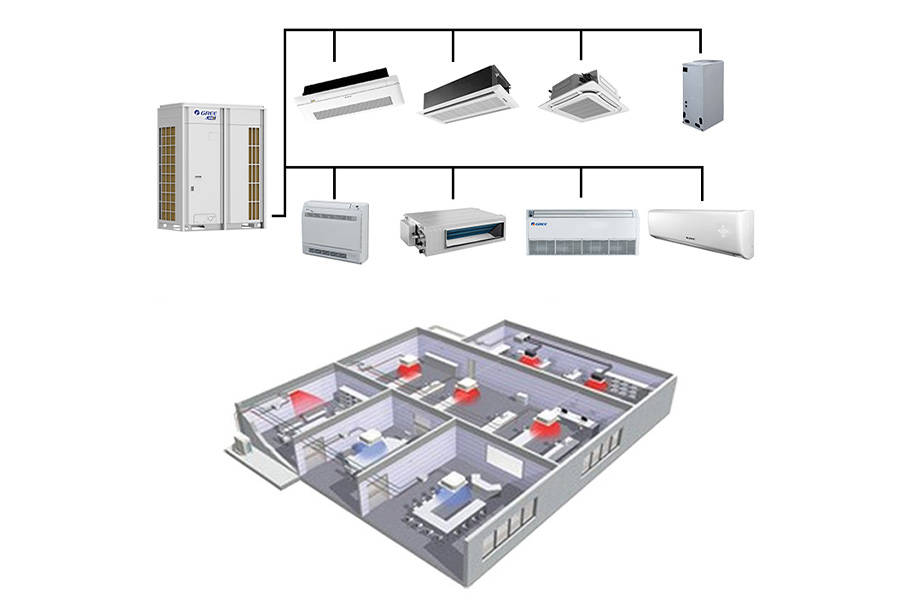
Central air conditioning systems use ductwork to move air through various spaces. They help to cool the circulating air and remove moisture to make the area comfortable. Although they are predominant in residential areas, they are also perfect for small cafés or eateries.
Pros
- They efficiently cool the areas connected to the ducts within a short time.
- The cool air from the system decreases humidity in the room, thus creating a comfortable environment.
Cons
- They consume a lot of power which inflates electricity expenses
- The outdoor units may be unattractive
Ductless, mini-split air conditioners
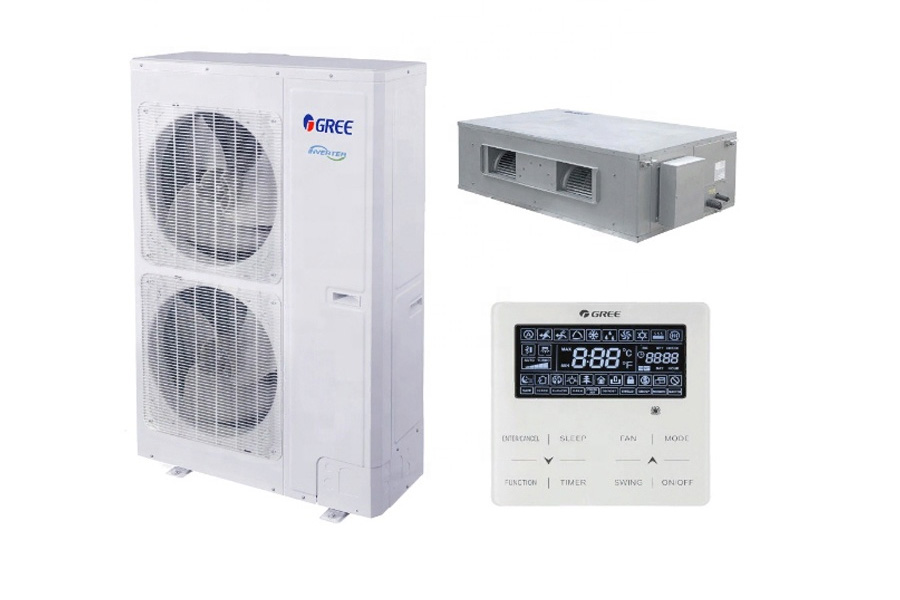
The ductless mini-split system’s basic form has one indoor unit and one outdoor unit joined by electrical or tubing cabling. Cooled air supplied to the living space comes from the wall-mounted interior unit, thus removing the need for ductwork. They are perfect for small enclosed places since they only have a single-zone system.
Pros
- They can fit anywhere without the ductwork
- Temperatures can be individually monitored
Cons
- They may not be ideal for cooling large areas
Multi-split air conditioners
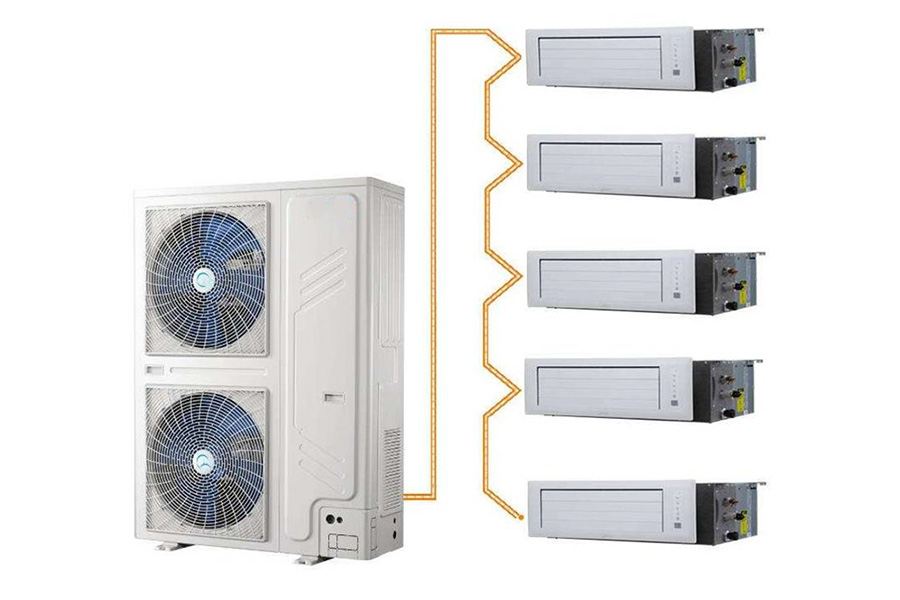
Multi-split air conditioning systems work like single-split systems but connect multiple interior units to a single outside unit. They are good for businesses, restaurants, and offices. Since they use few external units, they take less space and are more aesthetically appealing.
Pros
- They are flexible and convenient
- They save on energy
- They operate quietly
Cons
- Restriction on placement locations
- If the outdoor unit malfunctions, the interconnection can cause problems
Smart air conditioners
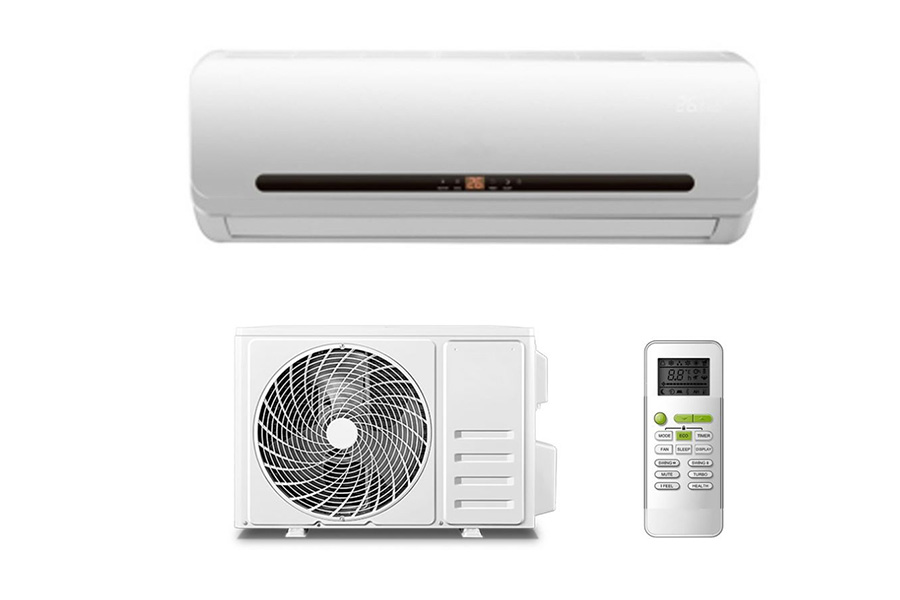
Smart air conditioners are either ductless mini-split, multi-split, or portable air conditioners that are Internet of Things (IoT) enabled. They can be controlled through Wi-Fi and have pre-installed apps, allowing operators to control them through smartphones.
They have several functionalities, such as comfy mode, weekly scheduling, and temperature regulation controlled through smart devices.
Pros
- They provide extra convenience and comfort
- They save energy
- They come with numerous features
Cons
- They are expensive
- They need internet connections to utilize unique features
Chillers
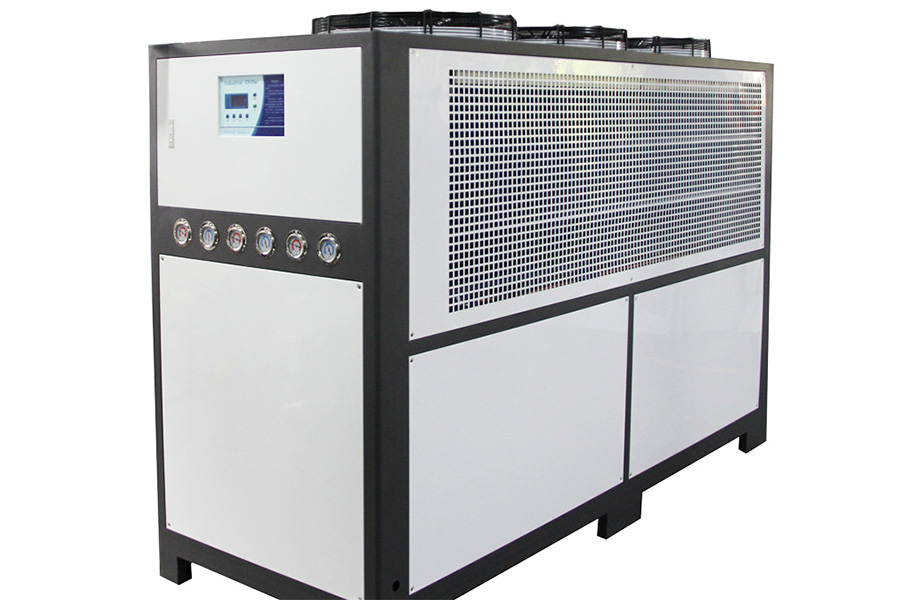
Chillers are widely used in various commercial settings. They come in two types: air-cooler chiller and water-cooler chiller.
Air-cooler chillers take the heat from the heat exchange into the atmosphere, thus providing cooling effects. Water-cooler chillers, on the other hand, have cooling towers with cold water as a secondary refrigerant. They are popular with larger or complex air conditioning and refrigeration applications.
Pros
- Longer lifespan
- Quiet operation
- Little energy consumption
- They are safer than most air conditioners
Cons
- High initial purchase price
- High maintenance costs
- Unsuitable for drought-stricken areas
- Complex installations
Conclusion
The market for industrial air conditioners offers various brands and models with unique features. While most manufacturers may claim their product is the best, it’s always good for one to conduct due diligence to ensure one has found the best AC unit or system to match one’s needs. This guide has therefore aimed to help businesses to make the best informed decision by highlighting the key factors to consider when choosing an AC unit, as well as looking at the pros and cons of the main types of ACs available on the market today.
